At Yorkson Creek Veterinary Hospital, we understand that your pet’s heart is central to their health and happiness. From tiny kittens to senior dogs, ensuring strong cardiovascular health is essential for a long and fulfilling life. Thanks to advancements in veterinary medicine, conditions affecting the heart can now be diagnosed and treated effectively, helping pets lead healthier lives.
In this blog, we’ll explore how modern diagnostic tools like electrocardiography (ECG) play a pivotal role in identifying heart issues and the importance of specialized care in pet cardiology for keeping your furry companions safe and thriving.
Why Heart Health Matters in Pets
The heart is a hardworking muscle that pumps blood, oxygen, and nutrients throughout your pet’s body. A malfunctioning heart affects every organ, potentially leading to serious health complications.
Common Heart Conditions in Pets
- Congestive Heart Failure (CHF): A condition where the heart struggles to pump blood efficiently, leading to fluid buildup in the lungs or abdomen.
- Heart Murmurs: Abnormal heart sounds caused by turbulent blood flow. Murmurs can indicate structural heart problems or underlying conditions.
- Arrhythmias: Irregular heartbeats that can result in fainting, weakness, or sudden collapse.
- Heartworm Disease: Caused by parasitic worms, this condition can lead to severe lung and heart damage.
Regular screenings and proactive care from experts in pet cardiology can detect these conditions early, improving treatment outcomes.
The Role of Electrocardiography (ECG) in Detecting Heart Issues
An ECG is a non-invasive diagnostic tool that measures the electrical activity of the heart. It provides vital information about your pet’s heart rhythm and functionality.
How an ECG Works
During an ECG, electrodes are placed on your pet’s skin to record their heart’s electrical impulses. These readings create a graph that veterinarians use to analyze:
- Heart rate and rhythm.
- Electrical conduction abnormalities.
- Enlargement of heart chambers.
- Signs of potential heart disease.
When Does Your Pet Need an ECG?
Your vet may recommend an ECG if your pet shows symptoms like:
- Persistent coughing.
- Difficulty breathing.
- Fatigue or fainting.
- Swelling in the abdomen or limbs.
Even pets with no symptoms might benefit from periodic ECG screenings, especially senior animals or breeds predisposed to heart issues.
Advanced Cardiology Services for Comprehensive Care
Beyond ECG, specialized pet cardiology BC services offer advanced diagnostic and treatment options for pets with heart concerns.
Additional Diagnostic Tools
- Echocardiography (Heart Ultrasound): Provides detailed images of the heart’s structure and function.
- Chest X-rays: Help assess the size of the heart and detect fluid buildup.
- Blood Pressure Monitoring: Identifies hypertension, which can strain the heart.
Treatment Options for Heart Conditions
- Medications: To manage heart failure, control blood pressure, or stabilize irregular heart rhythms.
- Lifestyle Adjustments: Tailored diet and exercise plans to support heart health.
- Surgical Interventions: For correcting structural defects or removing heartworms in severe cases.
Proactive Steps to Protect Your Pet’s Heart
Caring for your pet’s heart starts with a proactive approach to their overall health.
1. Routine Checkups
Regular veterinary visits are essential for monitoring your pet’s heart health, especially as they age. Early detection is often the key to effective treatment.
2. Heart-Healthy Diet
Feeding your pet a balanced diet can significantly impact their cardiovascular health. Low-sodium diets, for example, can reduce strain on the heart for pets with CHF.
3. Weight Management
Obesity increases the risk of heart disease. Maintain your pet’s weight through a combination of a proper diet and regular exercise.
4. Preventing Heartworm Disease
Administer monthly preventatives as prescribed by your vet to protect against heartworms. This simple step can save your pet from a life-threatening condition.
5. Recognizing Symptoms Early
Be vigilant for signs like lethargy, coughing, or difficulty breathing. Prompt action can make all the difference in managing heart conditions effectively.
Final Thoughts
Your pet’s heart works tirelessly to keep them active, happy, and full of life. By staying informed and seeking specialized care from pet cardiology experts, you can give your furry friend the best chance at a long and healthy life.
At Yorkson Creek Veterinary Hospital, we’re committed to supporting every beat of your pet’s heart. Schedule an appointment today to learn more about how our cardiology services can safeguard your pet’s health and well-being.
